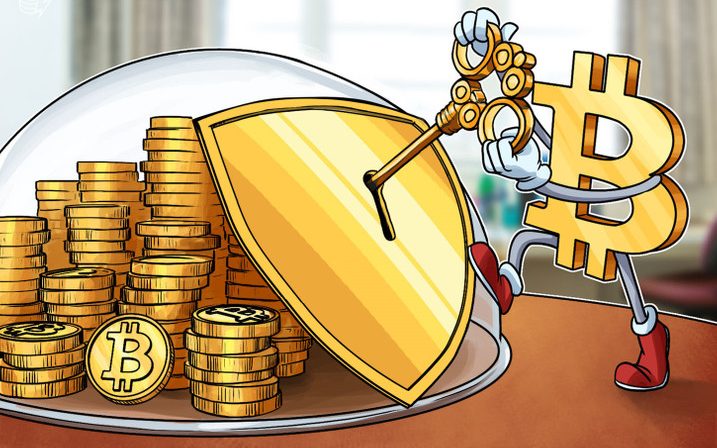The gaming industry is experiencing a significant transformation with the rise of blockchain technology and the concept of community tokenization. This shift is empowering players to become stakeholders within gaming ecosystems, giving them ownership and governance rights that enhance their engagement and investment in the platforms they love.
Community tokenization is gaining popularity in the gaming space due to the multitude of benefits it offers to both players and developers. By issuing digital tokens that grant ownership rights within a platform, gaming projects are creating more inclusive communities where players have a financial and emotional stake in the success of the platform. This model aligns the interests of players and developers, fostering a sense of shared ownership and creating a more engaging and sustainable ecosystem.
Catizen is a standout example of successful community tokenization within the gaming industry. Launched in 2024 by Pluto Studio, Catizen is a play-to-earn game integrated within Telegram’s mini-app ecosystem. Players can manage virtual cat cafés and earn in-game currency known as vKitty. By engaging players through unique gameplay mechanics and offering them a chance to own tokens, Catizen has achieved a 6-8% token holder conversion rate. This success was driven by strategic airdrop campaigns that rewarded loyal players with CATI tokens based on their performance in the game.
The tokenization of gaming communities involves issuing digital tokens that grant members ownership rights within a platform. This concept is becoming increasingly common in the gaming industry as it aligns the interests of players and developers, creating a sense of shared ownership and fostering stronger communities. Token holders gain access to exclusive perks, voting rights in governance decisions, and the ability to trade or stake their tokens for additional benefits.
Platforms like Catizen are making the transition to community tokenization easier by integrating blockchain features without overwhelming users. Simplified user interfaces and clear educational resources help onboard players who may be unfamiliar with blockchain technology. By offering benefits beyond financial rewards, such as governance rights and exclusive perks, platforms can create a sense of value for token holders that goes beyond mere speculation.
Other gaming platforms, such as Axie Infinity and The Sandbox, have also embraced community tokenization with great success. Axie Infinity has created an entire ecosystem where players can earn real income through gameplay, while The Sandbox incentivizes creators and players alike with its native token, SAND. Decentraland empowers users to purchase virtual real estate and vote on platform decisions using its MANA token as both a currency and a governance tool. These examples highlight the broad potential of tokenization across various gaming platforms.
While the tokenization of gaming communities offers numerous benefits, it is not without its challenges. Regulatory uncertainty surrounding cryptocurrencies and tokenized economies can create legal complexities for developers and players. Additionally, some users may face technological barriers or be hesitant to participate due to concerns about token speculation or the fairness of token distribution. However, platforms can address these challenges by ensuring compliance with regulations, providing clear educational resources, and maintaining transparency throughout the tokenization process.
In conclusion, the tokenization of gaming communities represents a significant shift in how players interact with the platforms they love. By converting players into stakeholders through token ownership, gaming projects can foster stronger communities and create sustainable ecosystems where participants have a vested interest in the platform’s success. The future of community tokenization is likely to expand beyond gaming, influencing other sectors of the online world and offering greater opportunities for users to participate in the growth of their favorite platforms. Catizen’s success serves as a blueprint for other gaming communities to follow, demonstrating that with the right strategies, any platform can transform its players into engaged and invested stakeholders.

















